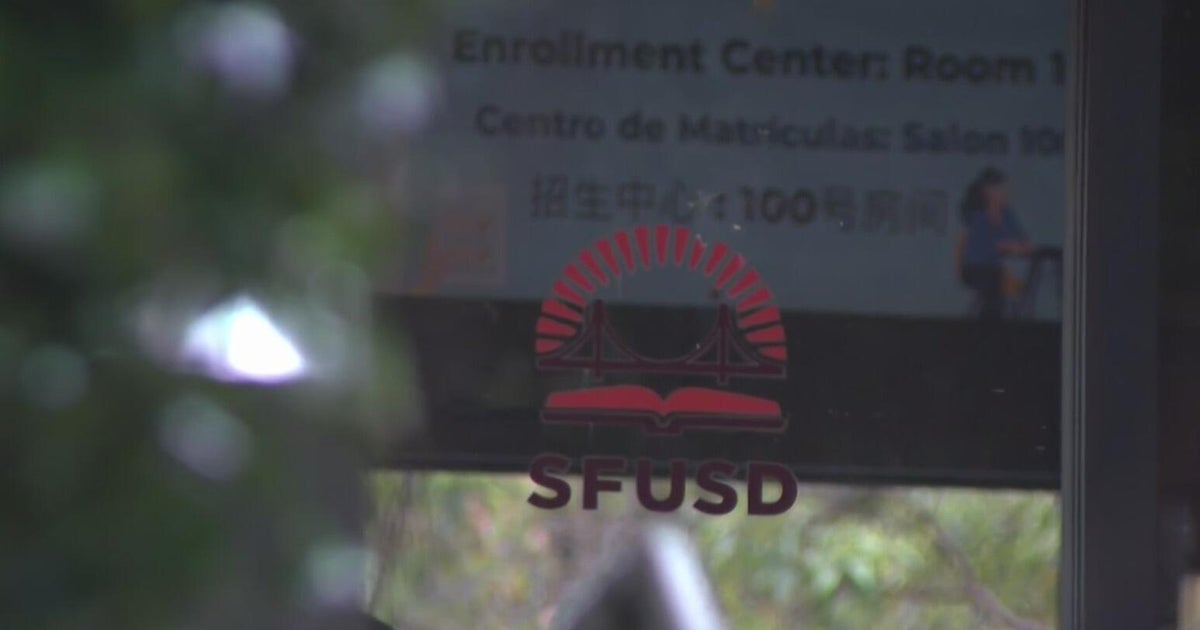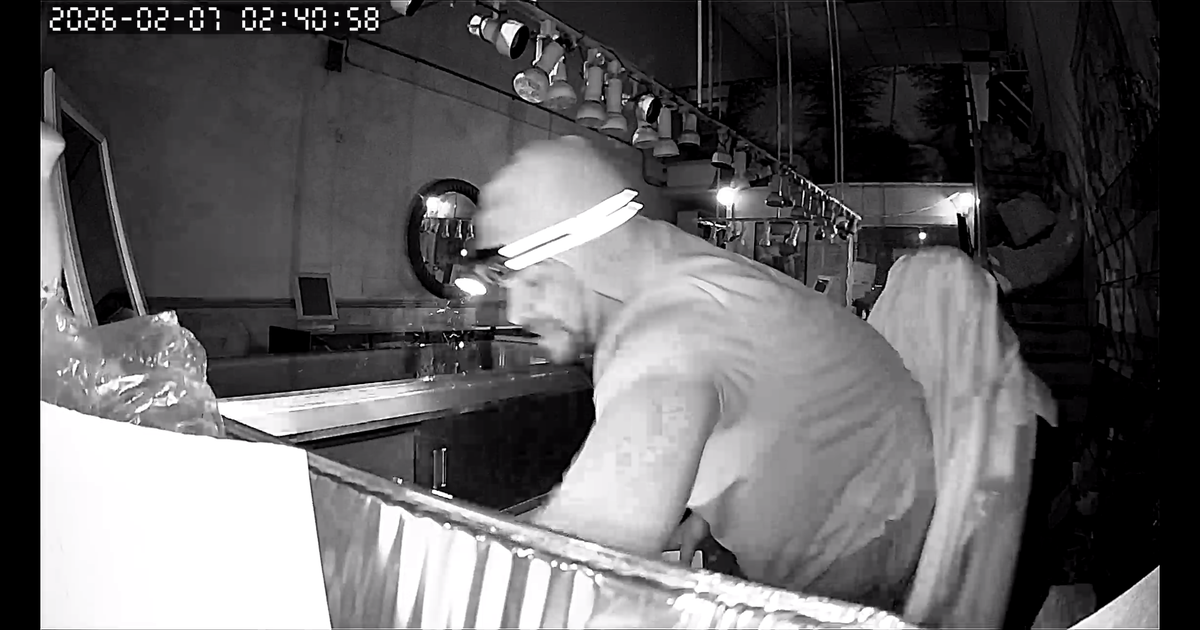Chicago rule phasing out sub-minimum wage for tipped workers soon to take effect
CHICAGO (CBS) -- In a few days, Chicago will start phasing out the sub-minimum wage for tipped workers.
While a celebration was held at City Hall on Tuesday, the controversial decision has some restaurant owners concerned over the potential impact on the bottom line.
The change impacts every single restaurant in Chicago that operates with tipped workers, and critics say it could impact customers as well.
CBS 2 called countless restaurants, but none of their representatives felt comfortable talking about the change. Some said they feared retribution by the city for speaking out against it.
But some Chicago alderpeople were jubilant as they held a countdown celebration until the law takes effect.
"Sisters and brothers—on July 1, 44,000 families will see a raise," said Ald. Carlos Ramirez-Rosa (35th), "and that's a great thing."
Starting that date, every restaurant in the city will have to increase wages for tipped workers from $9.48 to $11.02 per hour. Over the next five years, the wage will increase 8% each year until it reaches the full minimum wage in 2028.
"We have to understand the history of sub-minimum wage in the city of Chicago—rooted in the legacy of slavery—paying hospitality workers well below the minimum wage; leaving many individuals—particularly women of color—in poverty," said Ald. Jessie Fuentes (26th).
The current rule is that employers are supposed to compensate their staff, should their tips and salary not add up to minimum wage.
Supporters of the plan say the new rule will protect staff from bad actors.
"It is changing the mindset of the business owners, of the employees, of the consumers," said Amatziah "Zee" Snipes, general manager of The Quarry Event Center. "We're able to create just happy people—a livable wage."
Chicago follows other cities—including Washington, D.C., where restaurants were later barred from deceiving customers by charging fees after the sub-minimum wage was eliminated, without disclosing their purpose.
"You can improve productivity through simple things like changing your menu; changing the prices of items."
The Illinois Restaurant Association has said the move will result in higher fees and lower tips.
President and chief executive officer Sam Toia said in part: "The decision…
will lower the take-home pay for their hardworking employees and put thousands of workers at risk of losing their jobs. Since May 2023 when Washington, D.C., became the first jurisdiction in the nation in more than 20 years to begin eliminating the tip credit, more than 3,700 full-service restaurant jobs have been lost."
But Antonio Lightfoot of the Workers Center for Racial Justice said: "It's not the small restaurants—the small businesses like The Quarry or Windy City Ribs and Whiskey—who are complaining that they can' make ends meet. It's the corporations."
Some other restaurants on Tuesday said they did not know the new rule was even going into effect.
The city said Chicago's Office of Labor Standards will investigate claims if a business does not comply.







